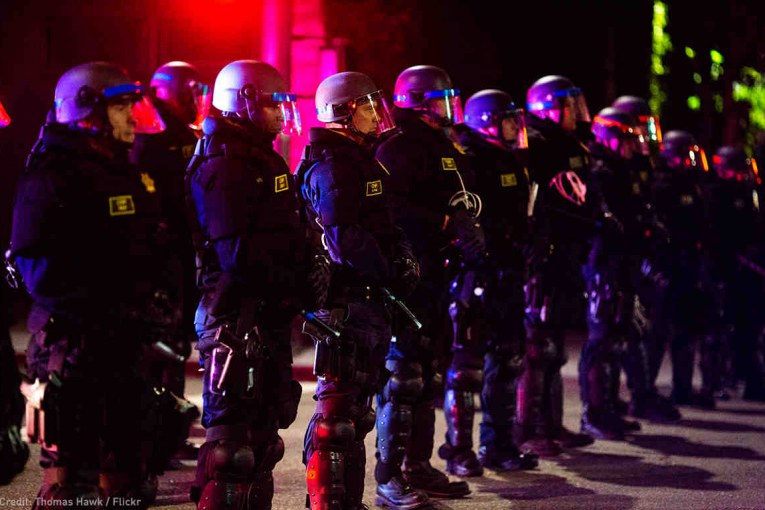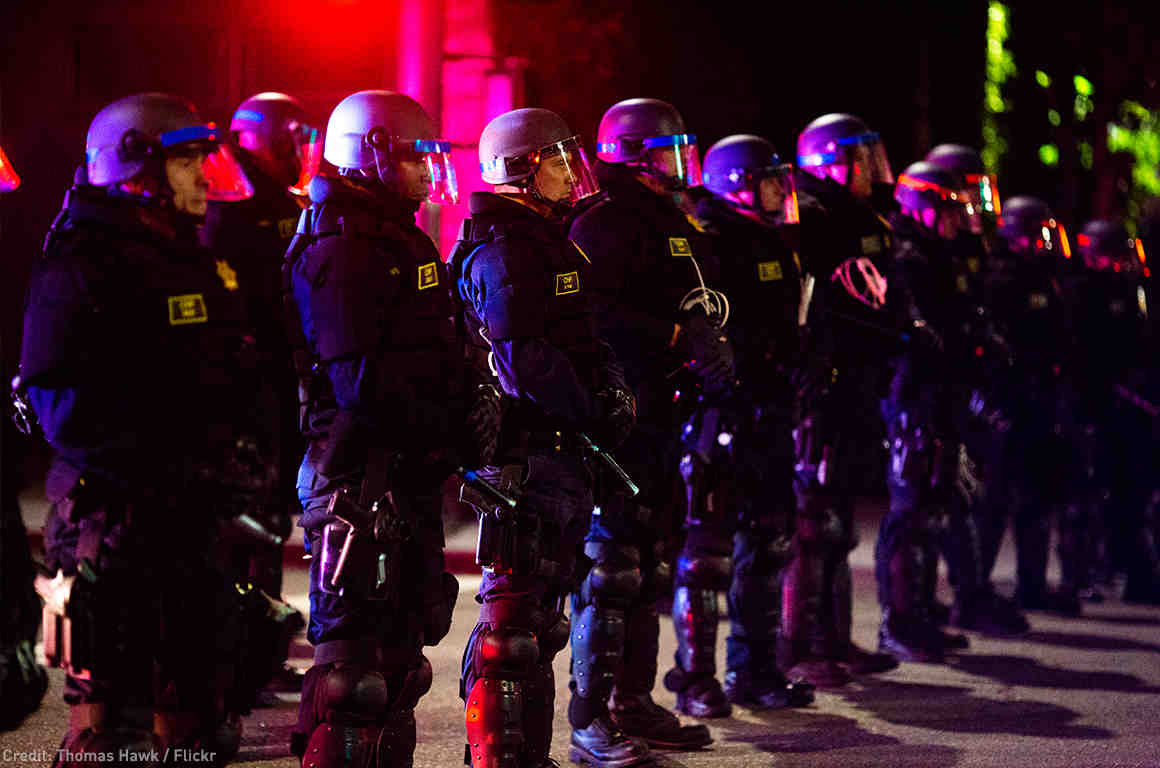

By David M. Greenwald
Executive Editor
Is your cup half full or half empty this week? I can tell you mine is empty and I’m soaking wet from the water sploshing around as the rollercoaster of life rolls on. And that’s how I feel in general – I’m not an optimistic or a pessimist, I’m just hanging on for dear life.
Heather MacDonald, the apologist for American policing is celebrating. “Minneapolis voters saw life without police — and soundly rejected a Defund ballot initiative,” she wrote yesterday. “Reality has caught up with the Defund the Police movement. Minneapolis voters, suffering through a bloody crime wave, resoundingly rejected a ballot initiative Tuesday that would have dismantled the city’s police department and replaced it with social workers. The vote has significance for public safety nationwide.”
That’s one way to look at it for sure.
But it ignores a lot. For one thing, Austin. The city council in Austin cut and transferred policing functions. Conservatives put a measure on the ballot to expand policing and undo some of the changes enacted by council – and voters by a nearly two to one margin rejected it.
The problem in Minneapolis might have been that the measure was too complicated whereas the question in Austin was really simple.
Polling showed that people on both sides of issue in Minneapolis agreed the current situation wasn’t working.
Voting yes meant the creation of a Department of Public Safety, police officers would work under that department, and removed would be a minimum threshold for the number of officers, and split authority for the new department between the mayor and city council.
In short, this moves goes a lot further than simply moving some functions like mental health responses or homeless coordination out of the police department.
Polling by the local paper in advance of the election showed about 49 percent of the voters replacing the police department with a department of public safety, but 55% of voters said the city should not reduce the size of its police force.
So one key difference between Austin and Minneapolis was that while Austin’s measure would have increased the number of police (voters said no), Minneapolis could have led to a decrease (voters said no).
The Minneapolis measure in short probably combined too many issues for which the voters were torn on. It was in short fairly radical, although it stops short of the notion that it would end policing in Minneapolis as was promised last summer by leaders of the city in the park.
At the same time, I don’t see it as a wholesale referendum on the “defund the police” movement.
I tend to take the long view. For white America, the public did not wake up to the fact that Black people were subject to a different sort of policing until the images of four LAPD officers beating Rodney King was indelibly seared into their collective consciouses back in 1991.
It would take another nearly quarter of a century for the deaths of people like Michael Brown and Eric Garner to start galvanizing a movement. All of that set the stage for George Floyd.
56-44 is not a narrow defeat of course. But if you take the long view rather than the short view, you see progress.
For me, in 2006, I watched as the city council in liberal Davis, California voted to disband a city commission that pushed for the creation of civilian review of the police. 11 years later in 2017, the council implemented that same oversight body.
In 2020, over 1000 people marched in response to the death of Georg Floyd and the council passed sweeping changes to its policing without a murmur of protest.
We have to take the long view for as Martin Luther King said, “the arc of the moral universe is long, but it bends toward justice.”
In his eulogy of George Floyd, Rev. Al Sharpton also reminded us of that slow but real progress.
Al Sharpton describing an encounter from the 60s in the south where a young white woman yelled N- go home and contrasting it with a moment from the previous month where he felt a tug on his sleeve, turned and saw an 11 year old white girl.
She approached him and as he braced, she raised her fist and said, “No justice, no peace.”
So you can take the view that a proposal for defunding the police went down to defeat in Minneapolis as a defeat or you can look through the lens of the roller coaster.
Think about it – in 2018, we were not polling voters as to whether they supported disbanding police departments in major US cities. And here we have Minneapolis, a history of police brutality that only was willing to try and convict Derek Chauvin of murder, but 44 percent of the citizens were willing to take a chance on a radical change of policing.
The idea that the idea of radically restructuring policing is dead because of a vote in one city that while wasn’t close also wasn’t overwhelming is ignoring the important changes happening across the country.
Still the fact that the Heather MacDOnald’s of the world rejoice does not give me comfort.
For her, she argues, “the premise of Defund ideology was as wrong as its results were lethal. Police officers are not a threat to black lives; criminals are. A black Minneapolis resident is 480 times as likely to be shot by a criminal as by a cop, according to Police Chief Medaria Arradondo.”
But she doesn’t get it. Police violence matters. It is a reminder that the government continues to sanction or at the very least not punish in most cases repression against Black people by agents of the government is what differentiates police violence from random street violence.
Make no mistake, street violence is itself part and parcel to the legacy of racism too – that has allowed large numbers of poor people without economic opportunity to be concentrated in areas of deep and concentrated violence. That remains very much a threat to Black lives – but police violence remains central to the system of mass incarceration where the school to prison pipeline traps generations in an endless cycle of poverty and incarceration.
Are we making progress on this? Depends on which day you ask me. My rollercoaster is twisting and turning and sometimes it is hard to tell which direction it is headed.


Austin’s vote wasn’t about the new Public Safety Dept. The city council had already instituted it and its costs. The vote was about adding police officers and training with no funding avenue. The ‘No’ side ran against it with threats that libraries and parks would be hurt a shift of city funds.
Here’s Prop A, there’s nothing about the Public Safety Dept, only MORE funding for police:
So these costs would’ve been in addition to the costs already instituted for the Public Safety Dept in Austin. Heck, I’m a conservative and not anti-police but I would’ve voted against Prop A too.
So I don’t think Austin’s Prop A going down to defeat is something that anti-police activists can hang their hat on.
As long as its framed in rhetoric that is perceived as anti-public safety its going to be a loser. “Defund the police” as a slogan almost got Trump re-elected and cost the dems seats in the house.
This is why I say there is no bigger enemy to transformative change then the affluent white liberal
Good point. Although sometimes calling it like it is – that also happens to be politically inconvenient truth to another person’s own views, shouldn’t be devalued as rhetoric just as a way to deflect from it’s legitimacy. The endess division in this country coming from the top swamprats in office, is tearing this country apart. The election results the other day was a referendum on it with people finally having enough.
Yes, the current administration is pushing things too far left and the recent election results was a shot across the bow. The real reckoning will come next November.
“This is why I say there is no bigger enemy to transformative change then the affluent white liberal”
Nothing new about that. Check out “Love me, I’m a Liberal” by Phil Oachs written in 1966.
https://www.youtube.com/watch?v=bLqKXrlD1TU
Proponents of policing reform may wish to consider some political and tactical realities.
If the public perceives any of these changes as reducing public safety, they will vote against them.
The very strident rhetoric around this topic discourages public discourse. Most who oppose any or all of the reform proposals, or are ambivalent about them, won’t discuss them in public. They’ll make their views known to elected officials privately – or at the ballot box. Ongoing demonstrations in downtown areas just alienate those potential voters. Strong support from the fringes of the left actually works against progress on these issues.
The Republican Party, since at least the time of Richard Nixon, has made strong political gains whenever they’ve combined appeals to public safety with veiled (and not-so-veiled) racist themes. They’re doing it again (crime, CRT). Democrats don’t have the margins to enact these reform policies on their own and seriously risk backlash if they push too hard, too fast.
David’s analysis here suggests that the recent vote was a mark of progress, not a setback. He and others may wish to consider whether this is, instead, the high water mark for this movement. Watch for some of the progressive DA’s to get recalled or voted out. See how the next large, liberal-ish city votes on the topic. Then we can assess whether the progress is incremental.
Gloria Partida’s point from a few weeks ago comes to mind – progress seems to always get achieved at the cost of Black lives – Rodney King, Eric Garner, Michael Brown, Breonna Taylor, George Floyd. That may well suggest that we have reached the high water mark for now, though a lot of communities have been passing new legislation recently and that it will take another tragedy to push the next change through.
I’m also reminded of MLK’s remarks in his Letter from Birmingham Jail where he excoriated the well meaning moderates.
I don’t know the answer Don, to be honest. We’ll see.
# murmur #
I agree this is a big part of the difference.
Agree.
Yup.
That initial rhetoric probably didn’t help either. Do you honestly think there will be a single city or large town with an abolished police department in your lifetime?
I see dead people.
Good spin after these results.
What the what? Only white people are part of “the public” ?
That story again. I guess he didn’t notice all the bus loads of white people coming from all over the country to the south in the 60’s to support the civil right’s movement. There may even have been a cute 11 year old girl. And I think a few white people during the Trump era yelled the N at black people.
Always fun to compare Tucker Carlson’s spin to David Greenwald’s spin on the same issue.
Roller coaster’s have lenses?
I wouldn’t suggest that for a t-shirt slogan or a bumper sticker.
DG, hint: roller-coasters run on rails – your roller-coaster is headed down the tracks in front of it.
James Carville nailed it as usual:
“Don’t just look at Virginia and New Jersey,” Carville told PBS’ Judy Woodruff. “Look at Long Island, look at Buffalo, look at Minneapolis, even look at Seattle, Washington. I mean, this ‘defund the police’ lunacy, this take Abraham Lincoln’s name off of schools. I mean that — people see that.”
Carville also said “Well, what went wrong is this stupid wokeness”.
I don’t agree with Carville too often but he got that right.